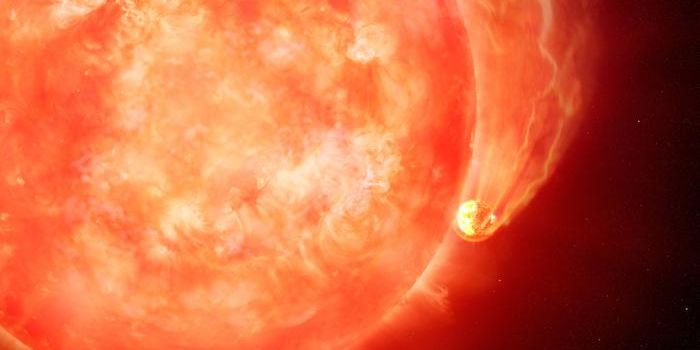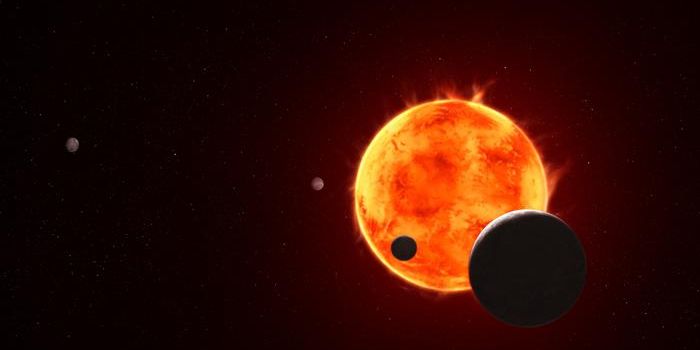Seasonality has a Major Influence on Lake Surface Size
Lakes are a critical part of the ecosystems of Earth. While they are often a crucial source of water, they also emit greenhouse gases. But because of limitations in data collection, there are gaps in our knowledge of how the surface area, or extent of lakes may change and why. Now, scientists have used several datasets and computational tools to show that seasonal fluctuations are the primary driver of changes in the size of lake surfaces. The findings have been reported in Nature.
"Although some lakes show larger long-term trends than seasonality, our analysis indicates that the effects of seasonality-induced extremes can exceed the combined impact of long-term trends and typical seasonal fluctuations. These widespread and significant extremes have profound implications for greenhouse gas emissions, ecosystem health, and human livelihoods," said senior study author Dr. Iestyn Woolway, a NERC Independent Research Fellow at Bangor University.
In this work, the researchers assessed monthly mapping data for 1.4 million lakes that was collected by satellite images between 2001 and 2023. The investigators utilized deep learning techniques and high-performance computing to track the dynamics of lake surfaces, and how they shrank or expanded over different seasons and years.
Of the world's lakes, 60% are primarily influenced by seasonality, and this comprises 66% of the planet's total lake area. It's estimated that more than 90% of the global population resides in areas with lakes that are affected by seasonal changes.
The research also suggested that when an extreme event related to seasonality occurs, the impacts can be greater than all changes that happened over 23 years. For example, it can account for 42% of shrinking in lakes, which is about equivalent to the 45% change in growing lakes.
When these rapid changes happen, it can expose sediments on lake blooms, and cause a significant quantity of methane to be released.
Woolway explained that the affected aquatic ecosystems are also challenged and stressed by these events, which may contribute to the destabilization of lake system food webs, or other changes that could be irreversible. These negative changes ultimately impact people too.
"Our research shows the need for comprehensive monitoring and understanding of seasonality, which is essential for enhancing lake ecosystem protection, improving freshwater resource management, and refining global greenhouse gas budget estimates," said Woolway.
"These results uncover previously hidden seasonal dynamics crucial for understanding the responses of water systems to environmental changes, protecting lake systems, and improving global climate models," said corresponding study author Professor Di Long of Tsinghua University.
Sources: Bangor University, Nature









